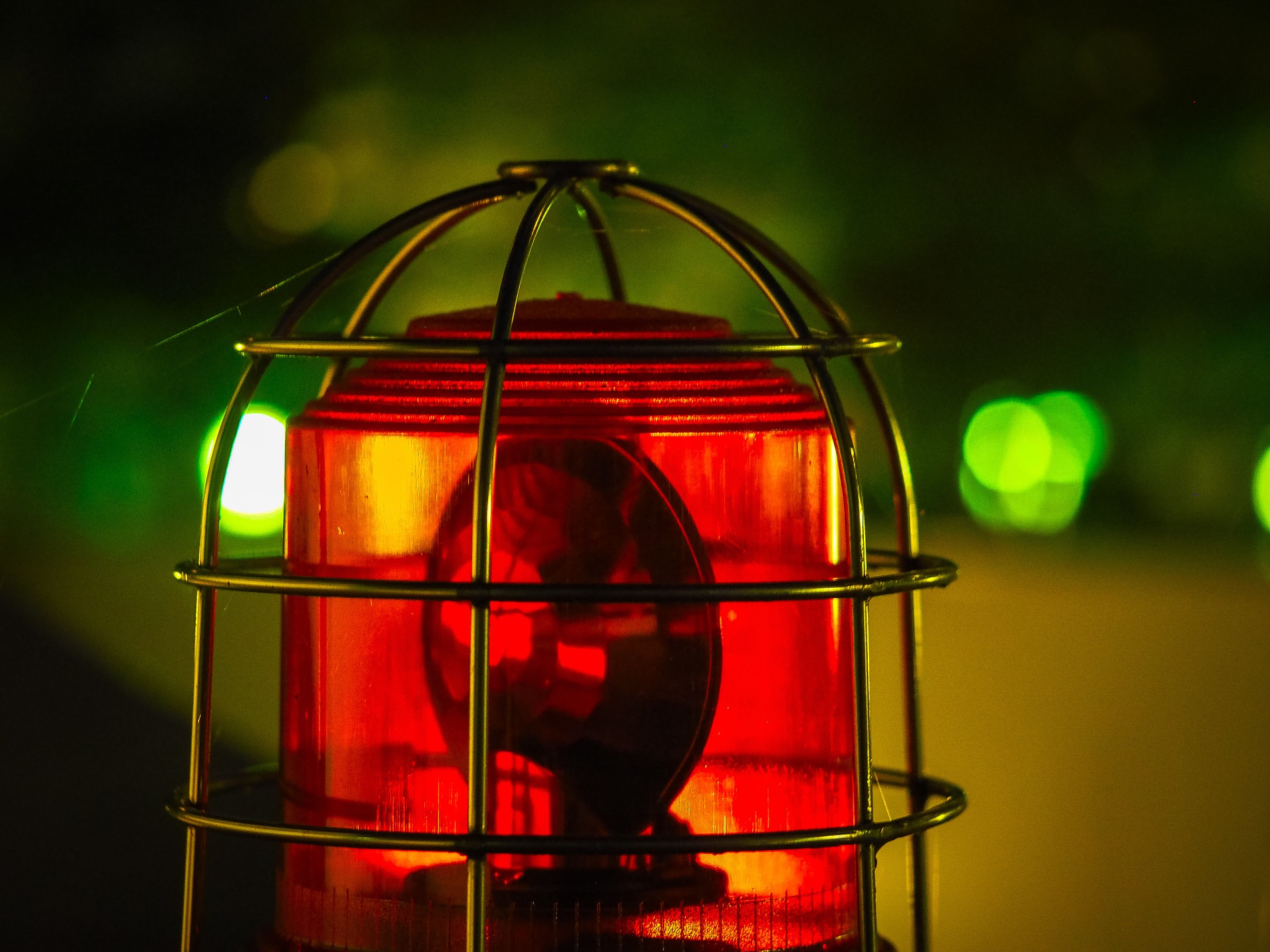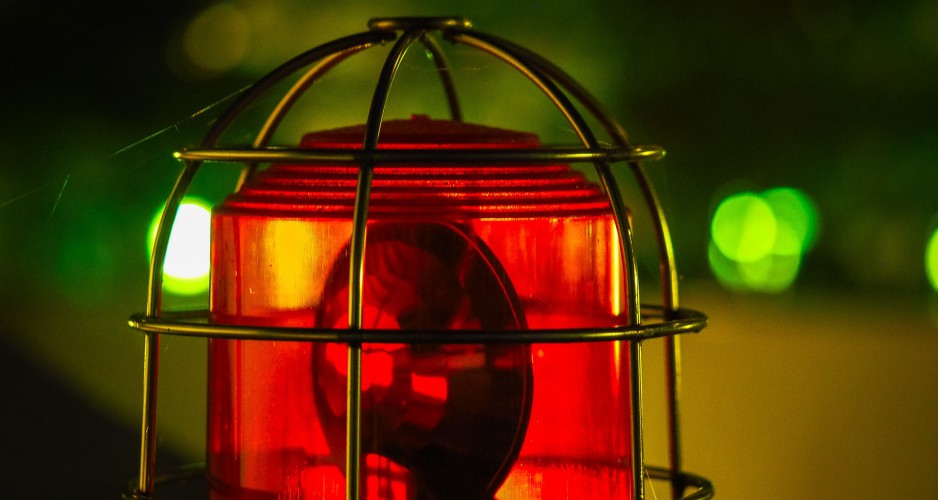 Thirteenth of November 2015. This date is still on the minds of many people around the globe as the dreadful day when a series of coordinated terrorist acts occurred in Paris and its northern suburb, Saint-Denis. Three suicide bombers struck near the Stade de France, followed by suicide bombings and mass shootings at cafés, restaurants and a music venue, the Bataclan theatre. The attackers killed 130 persons and injured 368. Seven of the perpetrators of the attacks also died. The attacks were the deadliest in France since World War II and the most fatal in the European Union since the Madrid train bombings in 2004. They led French president François Hollande to declare a 3-month state of emergency and launch Opération Chammal, the most extensive French airstrike operation against ISIS to date. Counter-terrorism measures were also taken by other states in Europe and North America. In addition to triggering political reactions, the event resonated with people across the globe, especially on social media where the Twitter hashtag PrayForParis and the Facebook profile filter French Flag were launched so that people could show their support for France and the families of the victims of the attacks.
Thirteenth of November 2015. This date is still on the minds of many people around the globe as the dreadful day when a series of coordinated terrorist acts occurred in Paris and its northern suburb, Saint-Denis. Three suicide bombers struck near the Stade de France, followed by suicide bombings and mass shootings at cafés, restaurants and a music venue, the Bataclan theatre. The attackers killed 130 persons and injured 368. Seven of the perpetrators of the attacks also died. The attacks were the deadliest in France since World War II and the most fatal in the European Union since the Madrid train bombings in 2004. They led French president François Hollande to declare a 3-month state of emergency and launch Opération Chammal, the most extensive French airstrike operation against ISIS to date. Counter-terrorism measures were also taken by other states in Europe and North America. In addition to triggering political reactions, the event resonated with people across the globe, especially on social media where the Twitter hashtag PrayForParis and the Facebook profile filter French Flag were launched so that people could show their support for France and the families of the victims of the attacks.
Many things can be said about the consequences of the attacks in France and elsewhere, but today I want to focus on some of the effects it has had on my home country, Belgium, and more specifically on Brussels, my hometown.
Some of the men that participated in the attacks lived in Brussels and one of the main perpetrators, Salah Abdesalam, who survived the attacks, is suspected to have crossed the French-Belgian border after the attacks. This prompted Belgian Prime Minister Charles Michel to announce a lockdown on Brussels by declaring a level 4 security alert, which is defined by the National Security Council as an imminent and serious threat. As a result, subway lines, schools, universities and many shops were closed down for several days. The Winter Market, one of the biggest annual attractions held in December in the center of Brussels risked being canceled and attracted substantially fewer people than previous years. Military personnel patrolled the city, police presence was increased, streets were empty, and the overriding message was to “avoid all crowded places and stay at home if you can”.
In addition to implementation of these security measures, a total of 20 arrests were made in Molenbeek, a neighbourhood in Brussels where some of the Paris attackers lived and where they may have been radicalized. The arrests were coordinated by Belgium’s Minister of Internal Affairs, Jan Jambon, who stated that he would “clean up Molenbeek”. Molenbeek was scrutinized by foreign media for several weeks after the raids and many European politicians criticized Belgium for its lack of security and anti-terrorism intelligence. A headline in the famous French newspaper, le Monde, read: “For Belgians, the Abdesalam brothers did not constitute a threat” and the British daily, The Guardian, stated that “Molenbeek was becoming known as Europe’s Jihadi central”. Donald Trump, one of the Republican Party candidates for the US presidential elections, claimed that “the capital of Belgium had been adversely affected by its lack of assimilation from their Muslim residents”.
As a Belgian living abroad, I was often asked about the state of alert in Brussels and many individuals who were eager to discuss the issue with me had narratives similar to those proposed by the media. This prompted me to read news articles on the subject and talk to my parents and relatives living in Brussels. It brought me to the following conclusion: while these allegations may have some truth to them, it is important for people to carefully analyze the context of the situation before making assumptions about the gravity of the situation in Brussels, and particularly Molenbeek.
First, with the population increasingly feeling frustrated by the lack of public transport, closed shops and closed schools, the level of alert was decreased to 3 on the 27th of November, only 6 days after imposing security level 4. The decision was made without pointing out any real change in the situation, suggesting that the threat may not have been as prominent as had been claimed in the first place.
Concerning Molenbeek, of the 20 arrests made, 16 people were interrogated and 15 were released. This suggests that the majority of those arrested did not constitute a direct threat to security and that the intervention was carried out as a show of power. Jan Jambon’s solution was to clean up Molenbeek. This is a simplistic solution that is overused by politicians when referring to the perceived threat that neighbourhoods of lower socio-economic standing pose to the general population. It is a dangerous term because it separates the inhabitants of the said neighbourhood from the rest of the population and treats them as the “problem”. It implies that if something had to be “cleaned up”, it must have been “dirty” in the first place. Further alienation of a stigmatized group of people can only increase resentment and lead to more violence.
My suggestion is to urge people around the world to carefully analyze the information they are exposed to by the media and political interests when they address the problem of terrorism. They should consult multiple sources of information with differing perspectives in order to have a more informed opinion on the matter. Increased knowledge and awareness of the factors contributing to terrorism are essential for the initial steps that will hopefully lead to its eradication.
About the author:
 Fiorella (19) attended our Brussels Workshop as a student of Collège Saint Michel. She is currently an undergraduate student in biological science at the University of Guelph, Ontario, Canada. Fiorella is interested in politics, arts & literature, sports (climbing), guitar and travel. Her dream job is being a veterinarian for wild animals in a national park. More…
Fiorella (19) attended our Brussels Workshop as a student of Collège Saint Michel. She is currently an undergraduate student in biological science at the University of Guelph, Ontario, Canada. Fiorella is interested in politics, arts & literature, sports (climbing), guitar and travel. Her dream job is being a veterinarian for wild animals in a national park. More…

